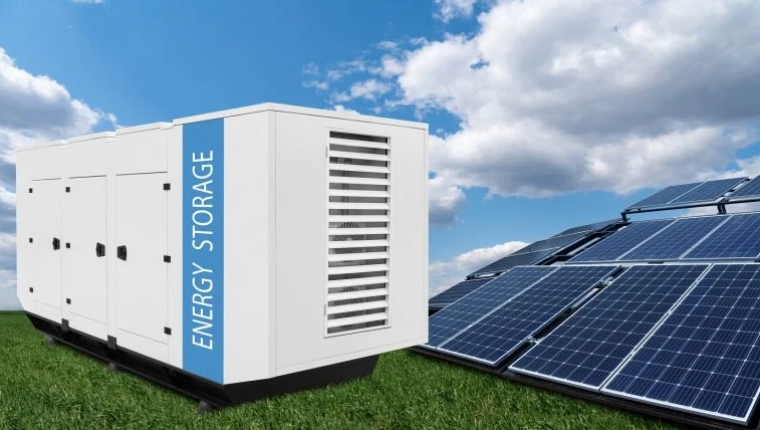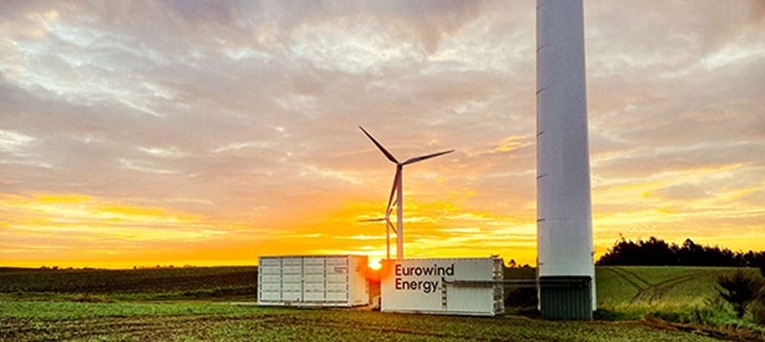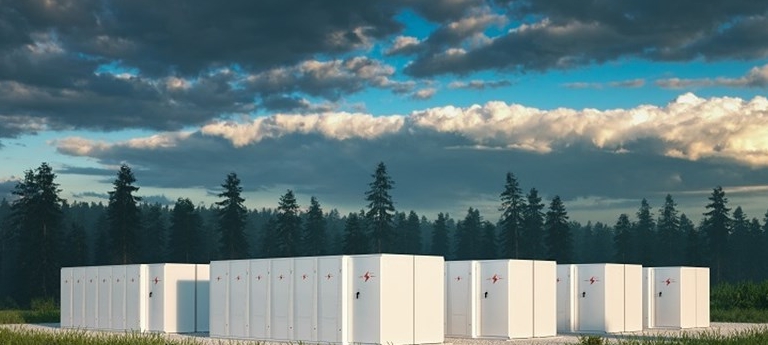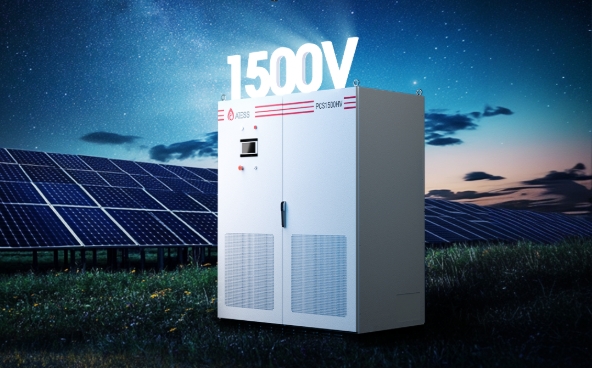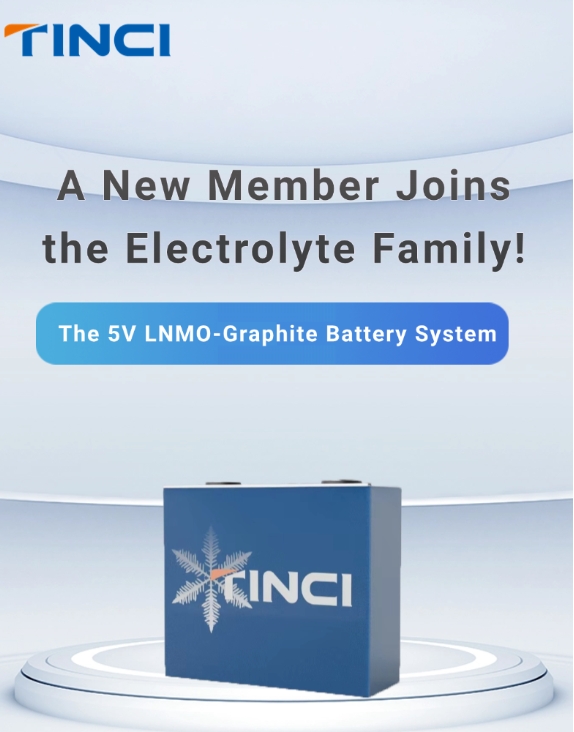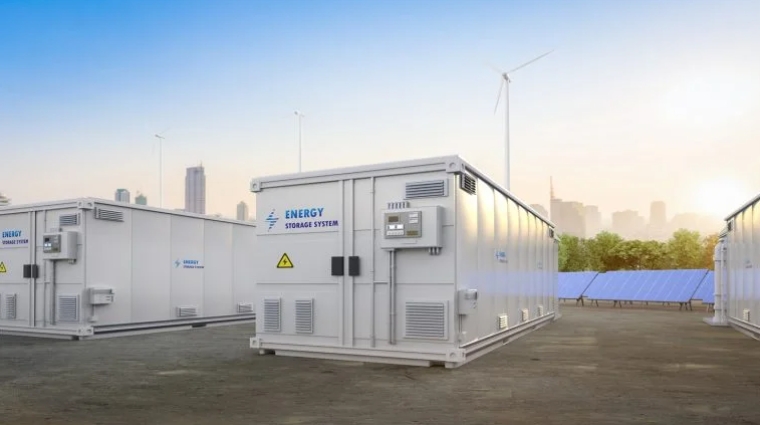RMI reports, “An increasingly electrified, Li-ion battery-dominated world in the near term will open, in the longer term, significant new market opportunities for other emerging battery technologies that are nearing commercial readiness.” There are possibilities for battery storage in diverse areas that have only been on the horizon in research for a while.
A new article, “Potassium-driven rechargeable batteries: An effort towards a more sustainable environment,” by the Tokyo University of Science explains the possibility and progress of one potentially promising chemistry that also comes with some ecological benefits. “Replacing lithium in rechargeable batteries with a more abundant material like potassium could help us develop a more environment-friendly energy source.”
Prof Shinichi Komaba, along with Prof M. Stanley Whittingham, who won a Nobel Prize in Chemistry in 2019, has worked on this topic for over a decade and published a review of sodium-ion batteries in 2014. The review has been highly cited, with over 2,000 citations in the past 5 years.
Prof Komaba and collaborators have explored potassium-ion batteries (K-ion batteries) in detail since then. Tokyo University of Science reports that the use of potassium-ion batteries is rather hopeful because of their similar performance to lithium-ion batteries, or even better performance. They are also nontoxic and rely on plentiful materials.
Just published on January 15, 2020, with exceedingly ample detail, Prof Komaba’s team’s research was published in a comprehensive review published in Chemical Reviews. “Having comprehensive volumes of past research on KIBs and all the acquired insight condensed onto a single article is of immense value to anyone interested in delving in this research topic,” Tokyo University of Science.
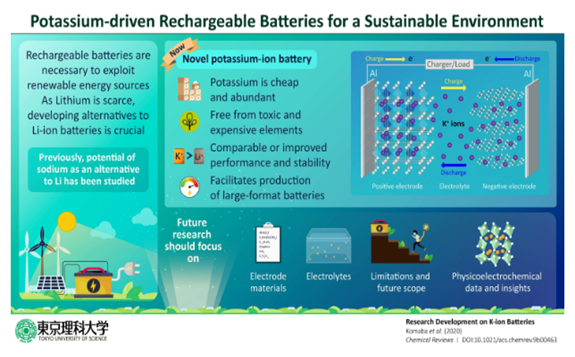
Their paper is reportedly the go-to report for everything related to the development of K-ion batteries.
“As evidenced by recent intensive research, KIBs are recognized as promising next-generation battery candidates owing to their unique characteristics, such as cost-effectiveness, high voltage, and high-power operation,” explains Prof Komaba. “Further improvements to the performance of KIBs would pave the way for their practical application.”
Prof Komaba is hopeful. “Research on KIBs, including electrode materials, non-aqueous/solid electrolytes, and additives will provide new insights into the electrode reactions and solid ionics, opening up new strategies that would allow for the creation of next-generation batteries.” His research group has also focused on supercapacitors and biofuel cells along with both lithium-ion batteries and sodium-ion batteries, which could all find very important functions in a more sustainable society in the future.


